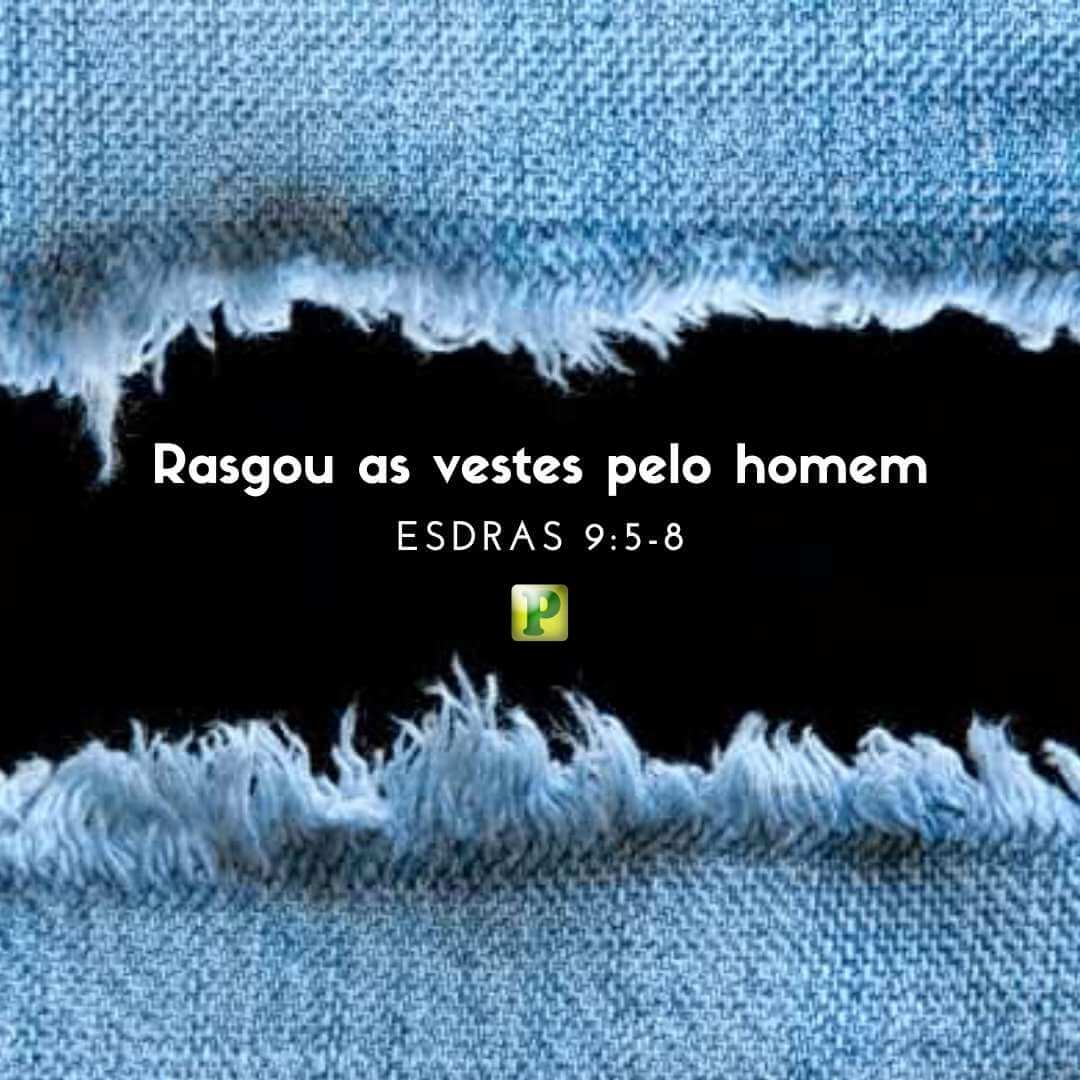There’s no one to hear you – Preaching
Preaching Outline on 2 Samuel 14:3-6 – “Then Joab sent to Tekoa, and brought from there a wise woman, and said to her: Now pretend that you are mourning; put on mourning garments, and do not anoint yourself with oil, and be like a woman who has mourned for a dead man for many days. And go in to the king and speak to him according to this word. And Joab put the words in his mouth.”
Introduction to 2 Samuel 14:3-6
The Grieving Woman and the Metaphors of the Soul
The Bible is rich in stories that act as mirrors for our spiritual journey. In 2 Samuel 14, we meet a wise woman from Tekoa who, at Joab’s behest, pretends to be in mourning in order to approach King David. Her story is more than a political ploy: it is a living metaphor for the struggle between the flesh and the Spirit, between appearance and truth, between human desperation and God’s justice.
Just as that woman put on “mourning clothes” to attract the king’s attention, we too often wear masks to hide our pain, doubts and rebellions. But God is not fooled by our disguises. He sees far beyond and responds to the truth of our hearts. Today, we will explore how this narrative challenges us to abandon self-righteousness and trust in the one true Judge.
Development
The battle between two kingdoms
1.”You have no one to listen to you”: the voice of the flesh that blinds
The flesh is like a corrupt lawyer who whispers : “Nobody understands you. Do it your way. Your reason is wiser than the Word.” It uses hurt, pride and desires to draw us away from God. Just as the woman of Tekoa feigned mourning, many live a façade spirituality, hiding inner conflicts under appearances of piety.
The flesh is like a wolf in sheep’s clothing – it seems harmless, but it devours our communion with God. Identify an area where you have been “pretending to grieve” (e.g. empty religiosity, unresolved hurts). Write it down on a piece of paper and pray: “Lord, reveal my true condition and free me from hypocrisy.”
2.”I wish I were a judge”: the illusion of human control
Tekoa’s wife says to David: “If the king won’t listen to me, what other judge can help me?” (v. 4). Here, Joab manipulates the situation so that David reflects on his own injustice against Absalom. Today, the flesh tempts us to judge our lives by human standards: “If I try harder, I’ll be happy.” “If everyone approved of me, I’d be at peace.” Human reason is like a corrupt judge who absolves the ego and condemns grace.
3.”Your Business is Good and Straight”: The Self-Sufficiency Lie
The flesh deceives, saying: “Your plans are right. You don’t need to repent.” Just as the woman of Tekoa was instructed by Joab to lie, the enemy offers us “human wisdom” to justify sins. Romans 6:23 warns: “The wages of sin is death.”
Make a list of recent decisions where you prioritized your will over God’s. Confess them. Confess them and ask: “Lord, adjust my heart to your ways.”
4. “Bow down to him”
Bowing to the flesh is like opening the door to the adversary. When David took pity on the woman, he didn’t realize that he was falling into a trap. Today, conniving with sin (e.g. pornography, greed, murmuring) seems harmless, but it takes us away from God’s presence.
Giving in to the flesh is like taking a step in quicksand – the more we struggle alone, the deeper we sink.
Identify a recurring temptation and share it with a trusted brother. Vulnerability is the key to breaking chains.
5.”He stole the heart”: The enemy’s plan
The aim of the flesh is to steal our joy, peace and purpose. Just as Joab used the woman to manipulate David, the enemy uses subtle strategies to draw us away from the Lord. But God promises: “I will never leave you, never forsake you” (Hebrews 13:5).
The heart is like a treasure – the devil wants to steal it, but Jesus is the faithful guardian.
*Remember Philippians 4:6-7: “Do not be anxious about anything, but in everything by prayer and supplication, with thanksgiving, present your requests to God.”
Conclusion
The real judge calls your name
The woman of Tekoa was used to reveal to David his own injustice. Today, God uses this story to remind us: He is the only Judge who hears, understands and restores. We don’t need to feign grief or manipulate situations. All we have to do is cry out: “There is no one to hear you… but you, Lord, are my righteousness!”
Preaching Outline on 2 Samuel 14:3-6 – “Then Joab sent to Tekoa, and brought from there a wise woman, and said to her: Now pretend that you are mourning; put on mourning garments, and do not anoint yourself with oil, and be like a woman who has mourned for a dead man for many days. And go in to the king and speak to him according to this word. And Joab put the words in his mouth.”
More Preaching Outlines
- Jesus, the Righteous Judge – II Timothy 4:8
- Jeremiah 9:17-20 – The Mourning of the Mourners
- Judgment of the Holy Spirit – I Kings 1:2-3
- And he will wipe away every tear from their eyes – Revelation 21:4






